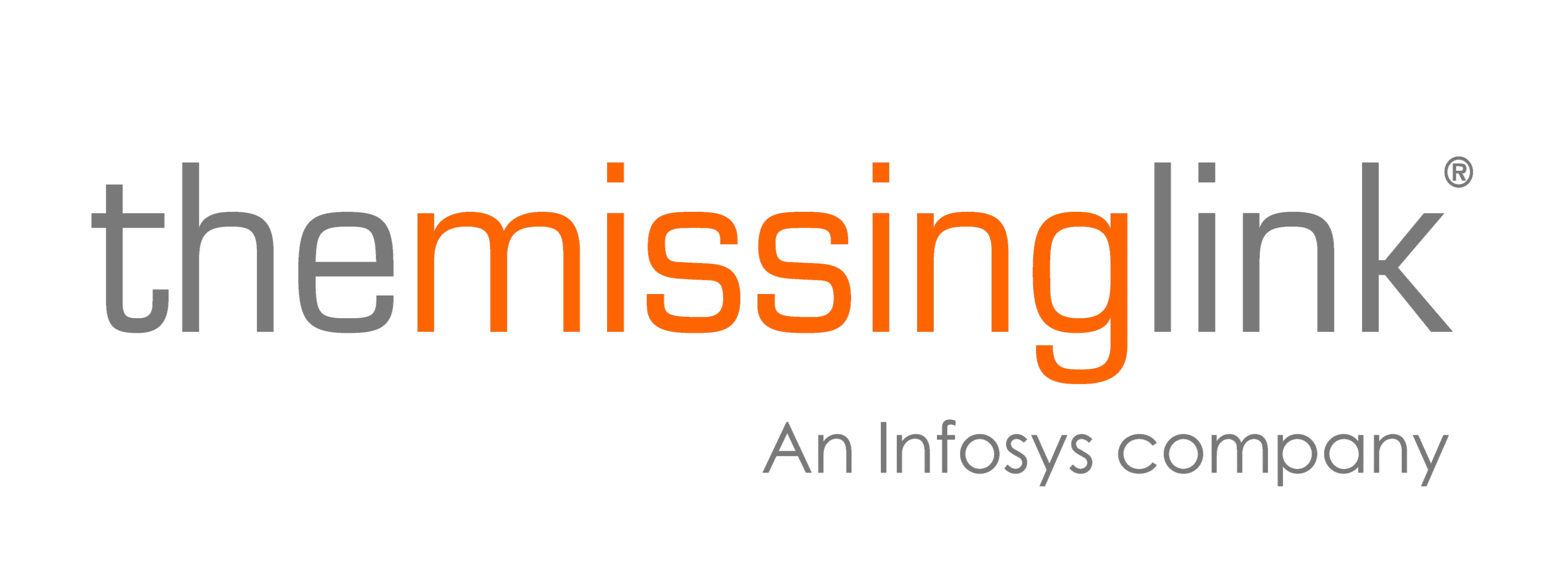The benefits of public cloud computing have been well discussed, with cloud computing becoming an ubiquitous part of business. However, for certain industries there are wider concerns about whether alternative Infrastructure-as-a-Service (IaaS) solutions could be more fitting to their needs.
This discussion is particularly pertinent in the Australian legal sector where the question arises: should legal firms stick with established public cloud services, or is it time to explore private cloud and hybrid alternatives?
Business obligations for data management
Firstly, let’s examine Australia's regulatory environment. Recognised globally for its stringent data privacy laws, Australia imposes specific obligations on businesses, including legal firms, regarding data management. As well as general compliance with data protection laws, legal firms in particular have to deal with large quantities of confidential client and legal data which subjects them to additional scrutiny.
All legal practitioners in NSW for example have a duty not to disclose any information that is confidential to a client unless otherwise permitted by the Legal Profession Uniform Law Australian Solicitors’ Conduct Rules. This needs to be understood alongside the main obligations of the Privacy Act (1988), and the Australian Privacy Principles (APP), which are a set of legally binding principles that sets out standards, rights and obligations in relation to handling, holding, accessing and correcting personal information. In other words – it’s complex, and not just about robust data storage and protection - it's also about ensuring regulatory compliance.
Navigating operational challenges
As outlined above, in the legal sector, compliance goes beyond just possessing data; it's about managing it correctly. The specificities of legal regulations demand meticulous data handling. Accordingly, security is paramount. Ensuring the confidentiality of client information is a top priority (where any breach could lead to serious legal ramifications), with law firms continually seeking more sophisticated security measures to safeguard their and their client’s data.
The importance of this was highlighted when it was reported that five major data breaches occurred in the last year alone, with the legal sector being “one of the most targeted when it comes to cyber attacks”.
These operational challenges highlight that each legal firm has distinct cloud computing needs. It's crucial for your firm to adopt a cloud strategy that is not only custom-fit to your specific requirements but also aligns seamlessly with both your business goals and operational needs.
This is where The Missing Link’s SmartCLOUD comes in.
What is SmartCLOUD?
SmartCLOUD represents a bespoke private cloud solution. This type of cloud computing lets your organisation benefit from an IT infrastructure that's specifically tailored to meet your unique requirements.
At The Missing Link, we proudly own and operate SmartCLOUD, a private cloud that's securely housed in Australian data centres. This service provides both Infrastructure as a Service (IaaS) and Platform as a Service (PaaS), giving you a wide range of resources to utilise. Our SmartCLOUD is a significant investment, incorporating state-of-the-art technologies from reputable providers like VMware, Dell, Cisco, and Equinix, ensuring you get a high-quality, reliable service.
Benefits of SmartCLOUD
- A key advantage of SmartCLOUD is the enhanced data control it provides. Legal firms, often dealing with sensitive and confidential client information, can benefit greatly from the heightened control over their data that SmartCLOUD IaaS offers, including decisions about its physical location and storage. This level of control is crucial for alignment with strict data regulations, ensuring both security and compliance.
- Another notable benefit is the customisation SmartCLOUD IaaS offers. Legal firms, particularly those with unique IT requirements or complex legacy systems, often find public cloud solutions inadequate. SmartCLOUD IaaS addresses this gap by offering more tailored infrastructure solutions that can adapt to these specific needs. In addition, the service ensures compliance with legal regulations and industry standards, which demand stringent data handling and storage practices.
- As noted earlier, security is a major concern for legal firms. Given the legal sector's emphasis on confidentiality, firms often perceive a private or hybrid IaaS solution as more secure due to the greater control over security configurations, firewall settings, and access controls. Furthermore, for legal firms that have invested in on-premises infrastructure or legacy systems, SmartCLOUD IaaS offers a convenient way to extend or integrate these systems rather than migrating them entirely to the public cloud. With its VMware foundation, SmartCLOUD IaaS can even serve as a disaster recovery target for existing VMware environments.
- Finally, cost control is a critical consideration for legal firms. While public cloud services often adopt a pay-as-you-go pricing model, SmartCLOUD IaaS tends to offer more predictable pricing structures. This predictability is especially advantageous for legal firms that seek better control over their IT expenditures. In a sector where budgeting and financial planning are key, having a clear, predictable cost structure can be a significant benefit.
In conclusion, as the IT landscape evolves in Australia’s legal sector, the unique challenges and responsibilities of legal firms may necessitate a re-evaluation of cloud services. SmartCLOUD IaaS, with its tailored features to meet these specific challenges, is proving to be a compelling alternative. For Australian legal firms, choosing the right combination of IT solutions is key to navigating the future.
Get in touch with The Missing Link today to learn more about leveraging cloud solutions for your legal firm and how SmartCLOUD can help you.
